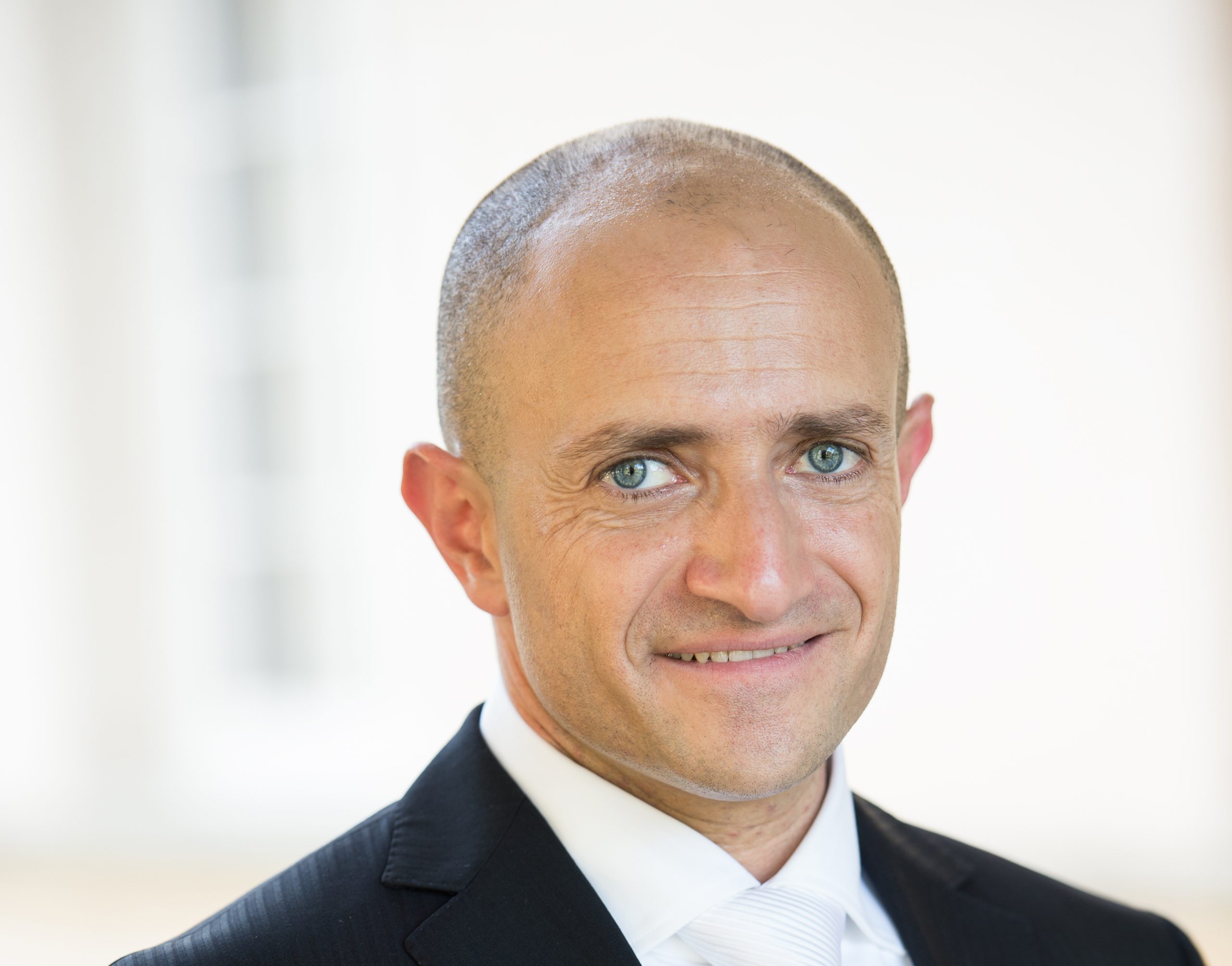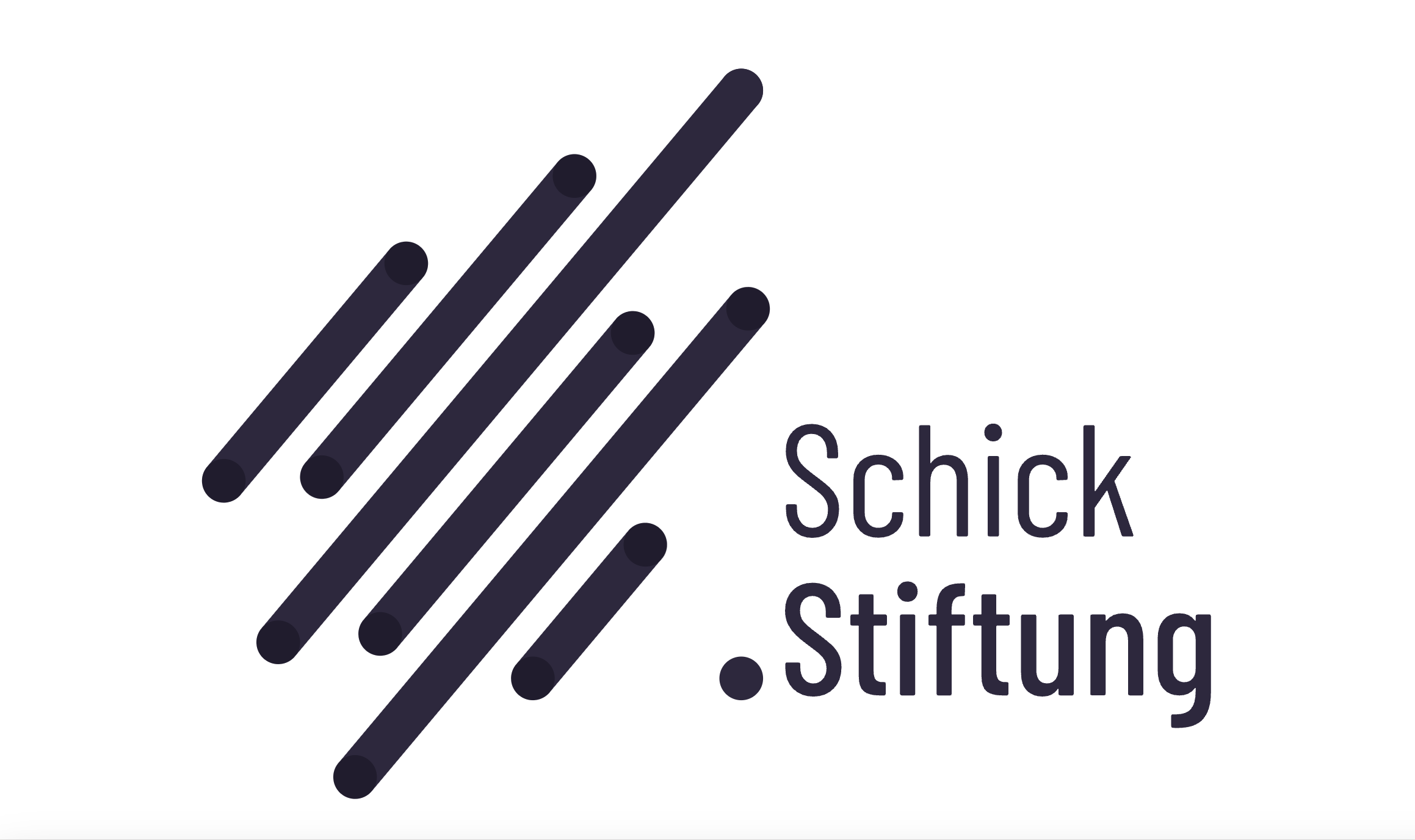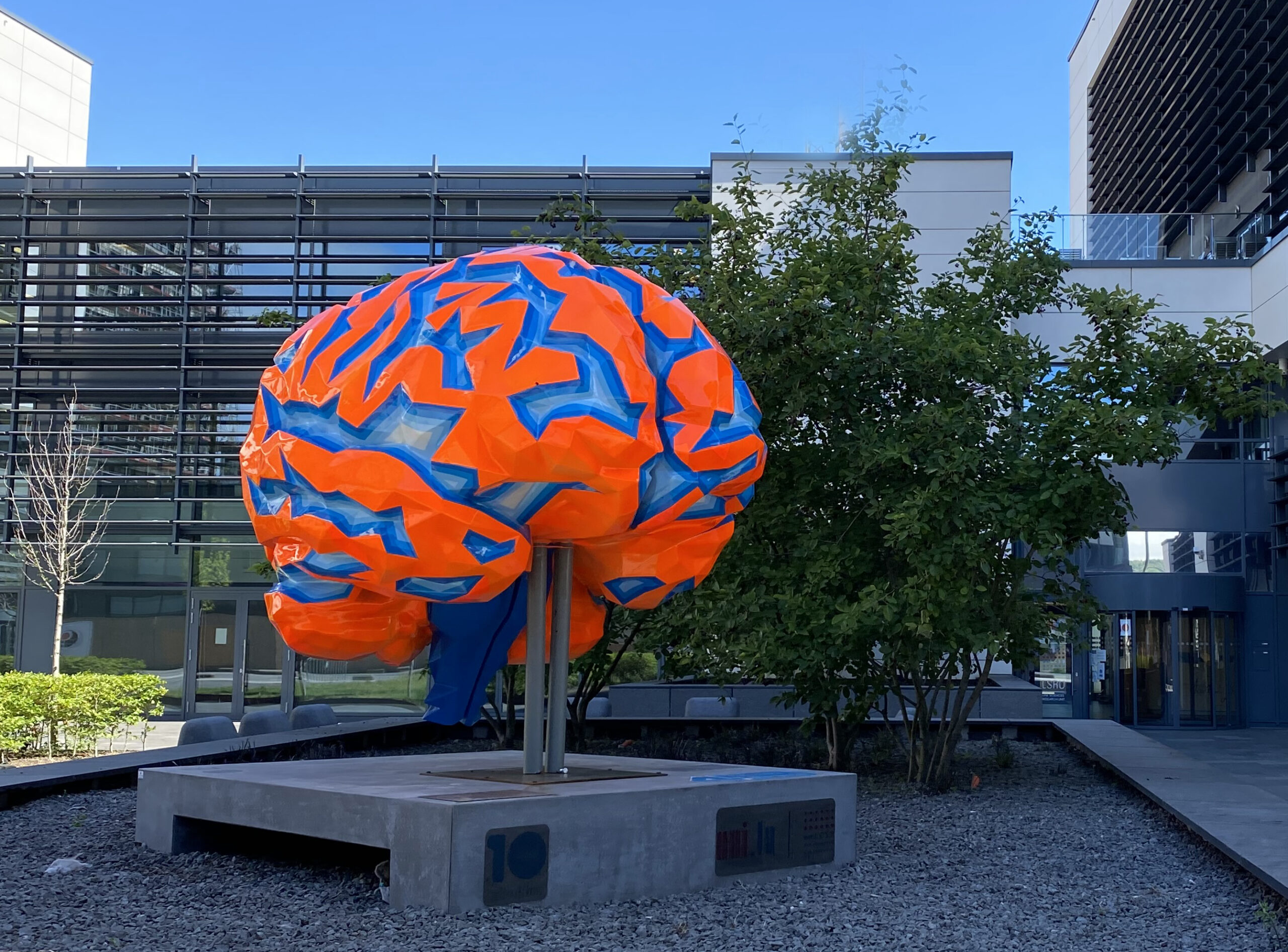About this event
Explore the forefront of neuroscience with the LCSB Neuroscience Lecture Series, featuring scientific presentations from internationally renowned experts in various disciplines of neuroscience.
Meet the speaker! One-on-one meeting opportunities with the speaker can be arranged by emailing Murielle Moes.
The gut microbiome as a contributor and potential therapeutic target for Parkinson’s disease
Parkinson’s disease (PD) is the second most common neurodegenerative disease with hallmark symptoms including muscle rigidity, resting tremors, and posture instability. While monogenic causes explain about 20% of PD, most cases likely arise from gene-environment interactions. The gut microbiome is a major environmental contributor to human health. Indeed, studies report dramatic differences in microbiome profiles between individuals with PD and controls, as well as serious gastrointestinal issues such as constipation. Our laboratory was the first to discover that the gut microbiome modulates disease outcomes in PD mouse models. Specifically, we revealed that a gut bacterial amyloid protein named CsgA promotes alpha-synuclein aggregation in the colons and brains of mice, leading to motor symptoms. We have developed a novel small molecule compound that inhibits CsgA aggregation and potently reverses existing motor symptoms. Our long-term goal is to develop breakthrough interventions that target the gut, rather than the more challenging prospect of delivering therapeutics to the brain.
About the speaker
Sarkis K. Mazmanian, Ph.D., is the Luis & Nelly Soux Professor of Microbiology and a Merkin Institute Professor in the Division of Biology & Biological Engineering at the California Institute of Technology (Caltech). His laboratory studies the gut microbiome to develop novel therapies for immunologic and neurologic disorders.

The Neuroscience Lecture Series is supported by the Schick Foundation.

